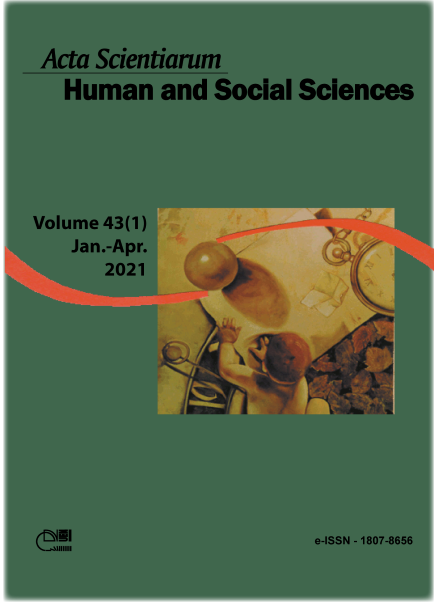Philosophy of science: how an adequate teaching of the discipline impacts in the field of the career of psychology
Abstract
Philosophy of Science became an autonomous discipline in approximately 1922 giving rise to the Vienna Circle. The main purpose was to define precisely the concept of ‘science’ in order to be able to decide univocally which manifestations of human thought should be considered scientific and which others should be excluded to the plane of pseudoscience. With regard to psychology, North American behaviorism agreed with the basic stances of the Vienna Circle, giving a central value to experiments and controlled observations. In concern to Psychoanalysis, the Argentine philosopher Mario Bunge suggested that “[…] it is the most interesting and successful of the pseudosciences [...]” (Bunge & Ardila, 2002, p. 122), assuming a concept of traditional ‘science’ that is deeply embedded in the social imaginary of western culture. In Latin American faculties of Psychology certain social representations are constantly widespreading, probably inspired by the deficient traditional teaching of philosophy of science at high school and universities too. In this paper we will try to settle down the grounds to develop a philosophical-pedagogical project in order to achieve a superior proposal for the teaching of Philosophy of Science in the career of Psychology.
Downloads
DECLARATION OF ORIGINALITY AND COPYRIGHTS
I Declare that current article is original and has not been submitted for publication, in part or in whole, to any other national or international journal.
The copyrights belong exclusively to the authors. Published content is licensed under Creative Commons Attribution 4.0 (CC BY 4.0) guidelines, which allows sharing (copy and distribution of the material in any medium or format) and adaptation (remix, transform, and build upon the material) for any purpose, even commercially, under the terms of attribution.
Read this link for further information on how to use CC BY 4.0 properly.
























